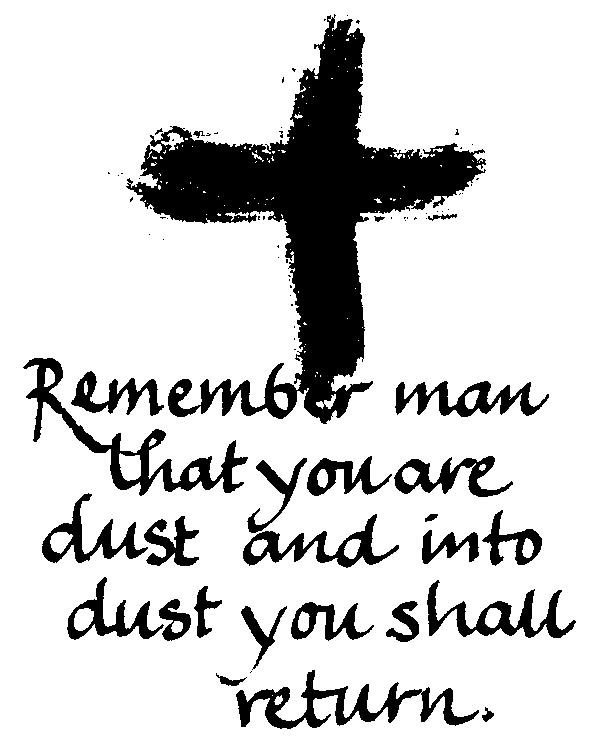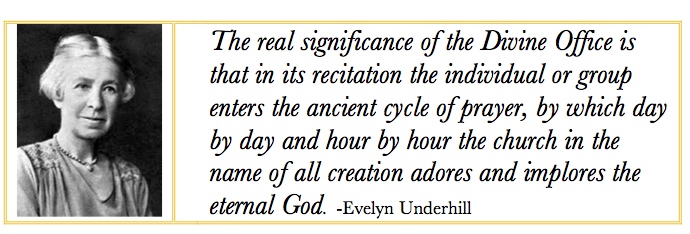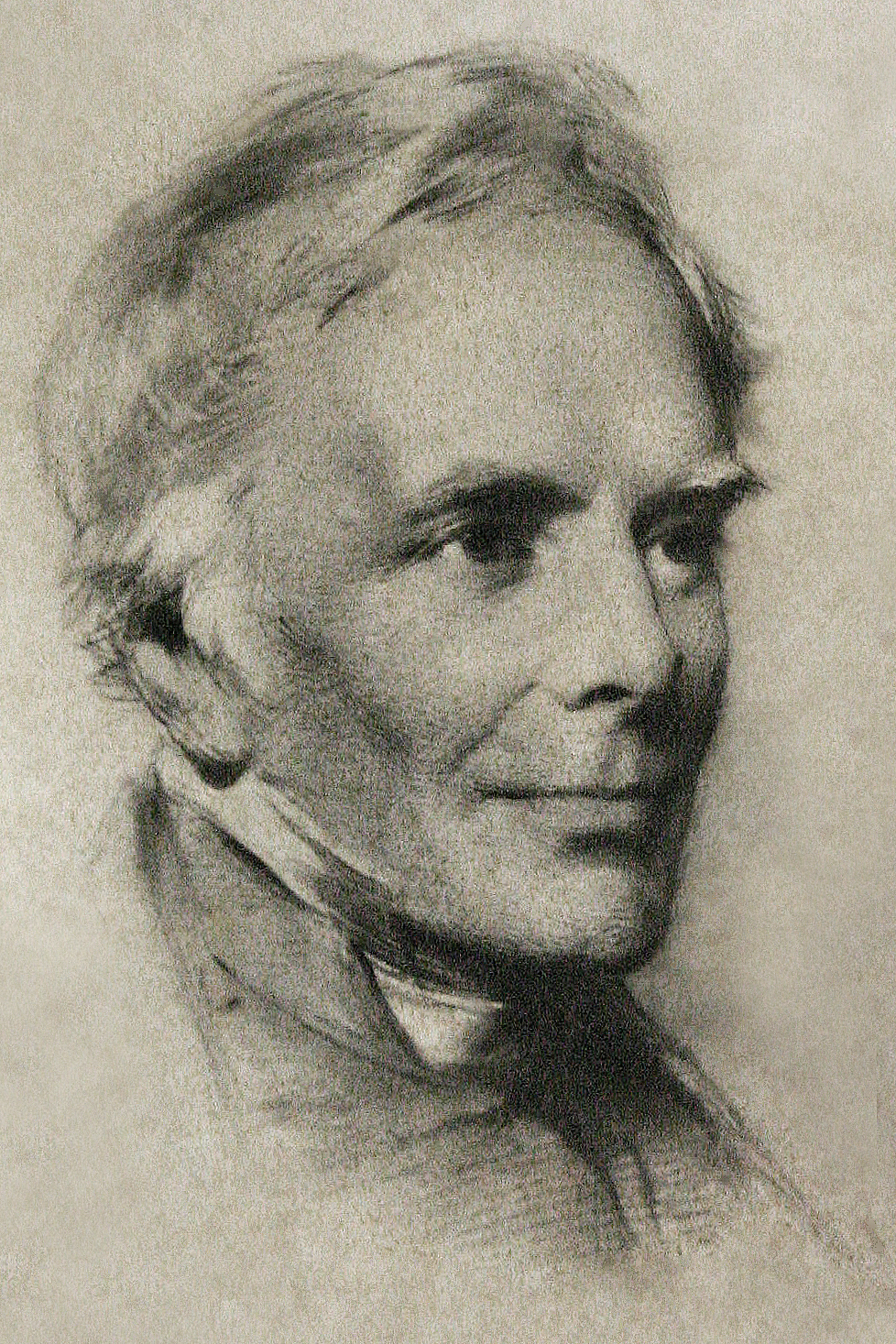The Divine Generosity
 Thursday, March 2, 2017 at 9:19AM
Thursday, March 2, 2017 at 9:19AM  For all false judgments, for uncharitable thoughts toward our
For all false judgments, for uncharitable thoughts toward our
neighbors, and for our prejudice and contempt toward those
who differ from us,
Accept our repentance, Lord.
That's the petition in last night's liturgy that most drew my attention. It was, for me, the voice of the Divine Charity, to use Underhill's words.
I and many others of the church have been seeking a way to manage our uncharitable thoughts and contempt. I think that's the emotional starting place for me--I know I have been having those emotions. There are other words in the petition though -- "false judgments," "prejudice." I haven't been quite up to acknowledging how those words may apply to me and those close to me.
Driving out the enemy
Just after the election I heard from some clergy about the pleasure a few clergy friends had taken in delivering sermons that drove some people out of the pews. There may have been some joking about a contest to see who could push the most Trump supporters to flee.
Most of us know there's something wrong with that.
Our brothers and sisters in Christ are not the enemy. I imagine that the current conversation between Screwtape and his nephew Wormwood would be filled with demonic joy at being able to maintain their hiddeness as the followers of the Crucified One placed the label upon those "who differ from us."
The Divine Generosity
Mother Sara asked me to cover tonight's mass. I do that when asked and when, on occasion, the assigned priest fails to appear. I'm happy in my semi retirement. I've asked to not be on the rota. But I fill in as needed. I enjoy celebrating in the parish's All Saints Chapel.
So, I read the propers and gave some thought to the homily.
It's the Thursday after Ash Wednesday. The Gospel reading is from Luke --
For those who want to save their life will lose it, and those who lose their life for my sake will save it
There it is. One of the keys to understanding Christian spiritual life--lose your life to save your life.
 Then what came to mind was a recent reading at Evening Prayer --
Then what came to mind was a recent reading at Evening Prayer --
There we see that we are not to grow in wisdom and stature for our own sakes, in order to achieve what is really a self-interested spirituality. The growth is for a reason the points behind ourselves: in order that the teaching, healing, life- changing power of the Divine Charity may possess us, and work through us. We must lose our own lives, in order to be processed by that life: that unmeasurable Divine generosity which enters the human world in such great humility … The School of Charity, Evelyn Underhill
For me Underhill's insight that, we lose our lives so we might be possessed by the Divine Charity, the Divine generosity, offers a way forward. I can decide to be generous in how I understand and respond to the new President's phrasing and strange use of language. And maybe some of the Episcopalians who voted for him can do the same in holy exchange. We can be generous with one another; with those who differ from us.
That doesn't mean we stop having the values we have. I believe that Christian ethics and morality call us to protect the weakest among us, to struggle against oppression, and to feed the hungry. We heard the reading from Isaiah 58 last night
Is not this the fast that I choose:
to loose the bonds of injustice,
to undo the thongs of the yoke,
to let the oppressed go free,
and to break every yoke?
Is it not to share your bread with the hungry,
and bring the homeless poor into your house;
when you see the naked, to cover them,
and not to hide yourself from your own kin?
Then your light shall break forth like the dawn,
and your healing shall spring up quickly;
![]() I hear that and I want the Affordable Care Act, protection for Social Security and Medicare, compassion toward immigrants, the safeguarding of voting rights, and the inclusion of all Americans in our common life. The icons across the room from me are of Frances Perkins and Jonathan Daniels. That's where my conscience takes me.
I hear that and I want the Affordable Care Act, protection for Social Security and Medicare, compassion toward immigrants, the safeguarding of voting rights, and the inclusion of all Americans in our common life. The icons across the room from me are of Frances Perkins and Jonathan Daniels. That's where my conscience takes me.
And at the same time I know that Paul Ryan, a baptized and practicing Roman Catholic, hears and believes the same words from Isaiah. And that his formed conscience takes him into a different place -- personal responsibility, limited government, free markets, individual liberty, and strong families; that the role of government is to provide people the freedom necessary to pursue their own goals.
Paul Ryan and the 39% of Episcopalians who are Republicans, and some of the 12% who are independents, and some of the Democrats that voted for President Trump (see Pew report)-- are not my enemy. We simply differ about how to go about letting the oppressed go free, how the hungry are to receive bread and how the homeless are to be housed.
 Anglo Catholic insight
Anglo Catholic insight
My Anglo-Catholic heritage offers a bit of insight to all this. The starting point was that the church is the Body of Christ, not an instrument of the state. I think it's fair to extend that to say the church is not an instrument of a political party.
We are not the resistance. The word is simply not appropriate for the church in the current situation. It is a word now clearly identified with and appropriate for the Democratic Party and the Left. We are not the Democratic Party at prayer.
We are to pray for those in authority -- including this President, by name. "No despiteful usage, no persecution, could warrant her in ceasing to pray, as did her first fathers and patterns, for the State, and all who are in authority." John Keble at St. Mary's, Oxford, July 14, 1833.
A caution in my Catholic mind is that the Oxford Fathers, and many years before Thomas Becket, got the theology right and the politics wrong.
We are those called to lose our lives to save them. We are those called to be possessed by the Divine Generosity. We are those called to be generous toward those who differ from us.
rag+